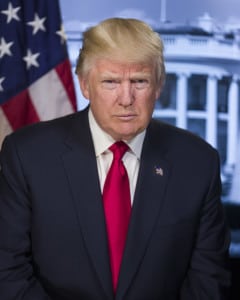
President Trump last Friday issued an executive order aimed at securing the nation’s major power generation and high-voltage transmission systems, particularly from cyber-attacks, by prohibiting the acquisition and installation of electric equipment for the bulk-power system from foreign adversaries. The directive, which applies to federal agencies and any entity or person in the U.S., authorizes the Secretary of Energy to establish a pre-qualified vendor list, identify equipment already in use that is now prohibited so that it can be isolated…

 By
By 











